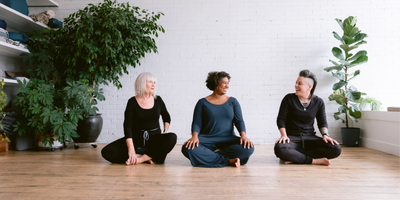Self Care in Times of High Stress
Stress is a fact of life for all of us, but if we are honest there is stress, and then there is STRESS. The lower case “s” version of stress is hard enough to deal with, but what do you do when you are faced with caps-lock and bold STRESS? One of the most recommended methods to any level of stress is self-care, but the question of what constitutes self-care is important.
A 2017 journal article titled, “Development of a Self-Care Assessment for Psychologists” defined self-care as “a multidimensional, multifaceted process of purposeful engagement in strategies that promote healthy functioning and enhance well-being.”
Let’s break that down a little:
Multidimensional/multifaceted: this means that self-care doesn’t take only one behaviour, we have to do a variety of things as part of our self-care practices
Purposeful engagement: we have to choose to engage in practices for the purpose of self-care
Strategies that promote healthy functioning and enhance well-being: this one is the kicker – the practices we use for self-care should promote overall health and well-being.
With all of that in mind, what kind of practices can we intentionally choose to participate in that will promote our health and well-being?
First and foremost, taking care of our basic physical needs should be an important part of our self-care routine. Some of us look at those aspects of our lives as chores that we just have to do, but we can change our perspective on these everyday activities by engaging with them in a mindful way, being present rather than rushing through to get to the next thing. These include:
- regular sleep
- eating a balanced diet
- regular medical care
- hygiene
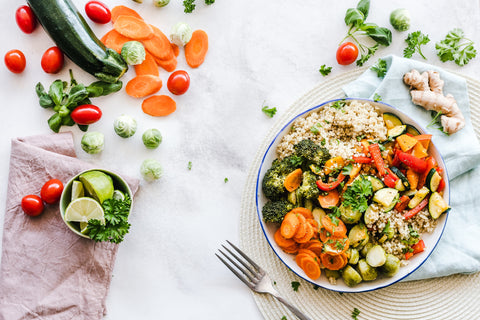
We also need to engage in regular movement, but movement choices should feel nourishing for the body without feeling like a chore. Try:
- dance
- yoga
- hiking
- martial arts

We also need to engage in emotional and spiritual self-care. These can be addressed separately, but they can also be tied together. Both emotional and spiritual self-care involve introspection and self-work – taking time to sit with and process emotion, taking time to express our emotional truth and taking time to find a sense of connection to the greater world, universe or divine. Activities to support emotional or spiritual self-care could be:
- journaling
- meditation
- attending faith-based services
- creative outlets like music, colouring, writing, drawing, painting or fiber arts
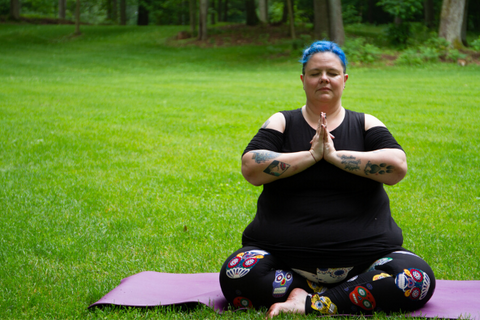
When we talk about mental self-care, it can take many forms. Mental self-care can involve keeping intellectually engaged, working towards goals and growth or curating a healthy inner dialogue. The idea is to engage in activities that keep you mentally stimulated and to engage in activities that support self-understanding and acceptance. The list of possible activities to engage in mental self-care is almost endless:
- puzzles
- learning a new language
- video games
- reading
- watching movies
- meditation
- journaling
- anything artistic
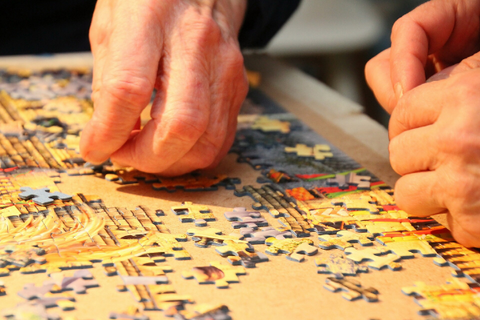
The last type of self-care we need to look at is relational or social self-care. This involves spending time engaging with family and friends. The goal is to be in the moment together, communicating, holding space and having fun. This doesn’t have to be in person, either. It can happen via phone or video chats, or even via written communication. Ideas for social self-care can be:
- weekly or monthly game night
- dinner time family check-in
- watching a show or movie together and having a good chat about it afterwards
- everyone reading the same book, one chapter at a time, and having a weekly “book club”
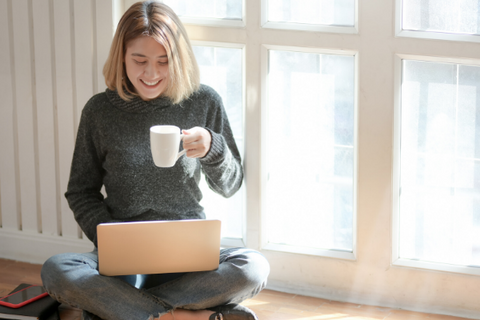
The great thing about self-care activities is that there is no right or wrong. Try different things from each of the categories and figure out what works for you and then make conscious choices to include those activities into your life. It won’t fix all the stressors you will face, but it will help you handle them in a healthier, more balanced way.
Bio:
Cara-Lea is a yoga teacher in Hamilton, Ontario. She identifies as pansexual, non-binary, and polyamorous. She is a complex trauma survivor who has lived in a larger body her whole life. This led her on a journey of healing and self-acceptance that brought her to yoga as a practice and then as a way of living and moving through the world. As a teacher, she is passionate about creating classes that are accessible and inclusive. At home she loves hanging out with her partners, dog and cats, watching movies and drinking way too much tea.
Website: http://raevynn.yoga/
Instagram: @raevynn_yoga
FB: https://www.facebook.com/raevynnyoga
Youtube: Raevynn Yoga




